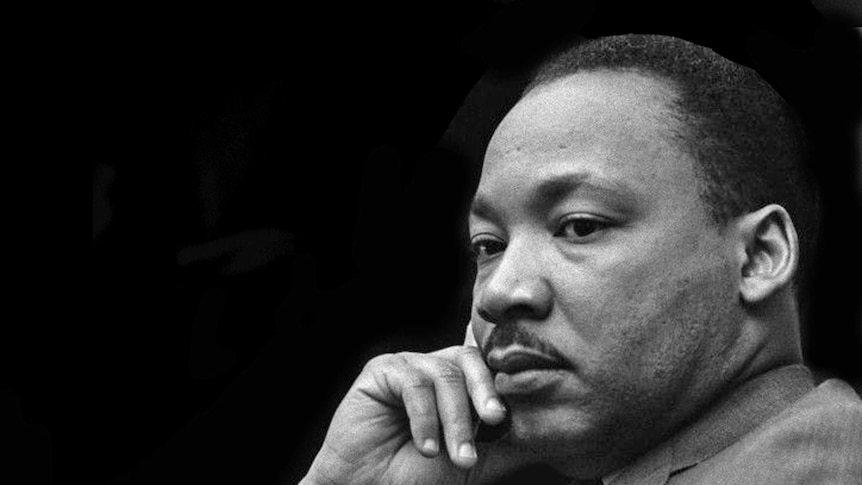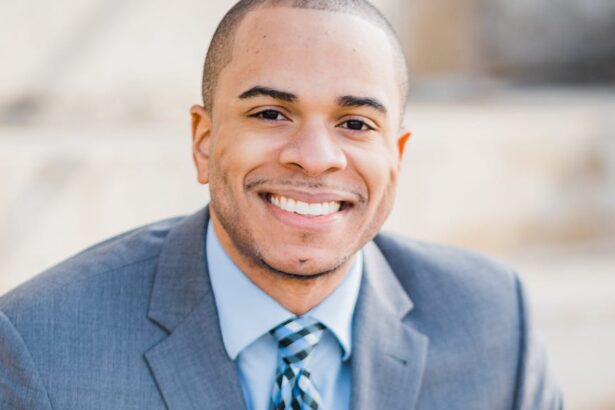In 1963, Martin Luther King, Jr. delivered his iconic “I Have a Dream” speech at the Lincoln Memorial, where he powerfully conveyed the racial injustices facing black Americans. Despite the abolition of slavery a century earlier, King emphasized that black Americans continued to experience significant limitations in their lives due to racial segregation and discrimination.
King acknowledged the legal advancements made with the Civil Rights Act of 1964 and the Voting Rights Act of 1965, which aimed to dismantle racial barriers and empower black Americans politically. However, he also highlighted the persistent inequalities in areas such as income, education, wealth, employment, health, and poverty, attributing these disparities to ongoing discrimination and the enduring effects of historical mistreatment.
Furthermore, King recognized the reluctance of many individuals, even those who did not support racism, to embrace measures for racial justice that could entail personal sacrifices. He emphasized that pursuing a just society necessitates significant resources, such as providing quality education, decent employment, and addressing urban poverty.
King was dedicated to the principles of racial equality and integration, emphasizing the demand for social justice on two key principles:
- Ensuring equal civic standing and legal protection for all citizens, regardless of their race.
- Guaranteeing that individuals’ basic rights and life prospects are not diminished due to the racial prejudice of others, both at the governmental and private levels.
He underscored the necessity of implementing desegregation policies to eliminate the unfair exclusions and restrictions imposed by the discriminatory Jim Crow system, particularly in areas such as housing, education, employment, and lending. King stressed the importance of enacting and rigorously enforcing non-discrimination laws to tackle discrimination.
While acknowledging the significant strides made by the civil rights movement, King also recognized the enduring impact of slavery and segregation on the socio-economic and psychological well-being of black Americans. He highlighted the urgent need to address the enduring damage caused by centuries of white supremacy, emphasizing that true equality would not be achieved until this legacy was effectively addressed.
Meeting the Demands of Justice
King emphasized that justice involves giving individuals what they are due, sometimes necessitating differential treatment for those who have endured significant injustices. He underscored the importance of addressing these injustices to ensure equal rights and opportunities for all citizens.
Our society has been treating the Negro in a special way for hundreds of years. So, in order to bring him to an equal level and ready him to compete fairly, we need to do something special for him now to balance the equation.
Many people, using the often-quoted phrase about being judged by character rather than skin color, wrongly assume that King rejected reparations and other compensatory measures for black Americans. In fact, he supported such recompense:
Many people don’t consider that, in addition to being enslaved for two centuries, the Negro was also deprived of the wages he earned. No amount of gold could provide proper compensation for the exploitation and humiliation of the Negro in America for all those years. The wealth of this affluent society couldn’t meet the bill. However, a price can be determined for unpaid wages. The ancient common law has always provided a remedy for the appropriation of one person’s labor by another. This law should be made to apply to American Negroes. The payment should take the form of a large government program of special, compensatory measures that could be seen as a settlement in accordance with the accepted practice of common law.
In addition to the idea of racial equality, King advocated integration. From a political perspective, integration is connected to the demands of justice. Blacks and other racial minorities should not be formally excluded from participating in the social, economic, and political life of the nation. These previously excluded groups should also be actively included as equal and indispensable participants. This inclusion should not be tokenism, creating a small non-white elite that symbolically represents the “progress” of their groups, while leaving most members socially marginalized and politically powerless.
Justice requires that whites share power and decision-making with non-whites, eliminating all signs of white domination. Members of different racial groups must recognize their mutual dependence and equal status; they must solve their problems together. Integration, in this sense, is the realization of the republican ideal of collective self-determination in a multiracial society.
King was also deeply concerned with the ethical side of integration. In “The Ethical Demands for Integration”, he explained that our goal should not be mere desegregation and non-discrimination. Rather, we must aim to build a society in which the members of different races have a sense of goodwill toward one another and think of themselves as collectively constituting one people. We should not be content with interracial détente; we should strive for interracial civic friendship — that is, fraternity in a multiracial society of equals.
This unity should be based on mutual respect and understanding. King evokes the ethical dimension of integration in his memorable line: “I have a dream that one day on the hills of Georgia, sons of former slaves and sons of former slave-owners will be able to sit down together at the table of brotherhood.”
The goal of mere desegregation is insufficient because it implies that we should be satisfied if non-discrimination laws are obeyed out of prudence or general respect for the law. For King, it was essential that we obey these laws not simply out of fear of punishment or recognition of their authority, but because they embody the worthy ideal of integration.
The means and ends of racial justice
Racial equality and political integration, King insisted, were urgent matters of justice and thus enforceable through law. On the other hand, he did not believe that the ethical ideal of interracial unity could be enforced. Implementing legislation, along with its steadfast enforcement, is definitely essential to regulating the behavior of those who refuse to respect the demands of justice. Moreover, a racially just polity is a necessary condition for genuine interracial fraternity. However, trust, respect, and mutual concern cannot be achieved through law enforcement. A complete resolution of the race problem in America therefore requires that each individual willingly commits to integration.
To achieve his stated ends, King supported militant mass protest. He believed in uncompromising dissent from and active agitation against racial injustice. This resistance should take the form of organized boycotts, civil disobedience, and public demonstrations. These tactics sought to highlight egregious wrongs and expose hypocrisy, to awaken and motivate the morally complacent majority, and to put economic and political pressure on those with the power to change conditions.
King is part of a long and venerable tradition of freedom fighters who fervently believe that injustices are never corrected without the determination and hard work of individuals openly fighting together for what is right. King held central the precept that in the struggle to achieve racial equality and integration, we must use means that are as pure as the ends we seek.
The principle “by any means necessary” was not morally acceptable to him, even for a severely oppressed people. Furthermore, he was convinced that morally questionable measures could never realize our ideals; the ethical means available were sufficient. King further cautioned against jeopardizing our chances of reaching our ultimate goals by using means designed to secure short-term or intermediate ends.
For these reasons, King believed that the fight for racial justice and integration must be nonviolent. He frequently admonished blacks to reject political violence and not to succumb to hatred and blanket mistrust of whites. Violent resistance would be ineffective, as blacks lacked the resources and tactical means to win a confrontation with white racists; black aggression would give white supremacists an excuse to harm non-movement blacks, undermining black communal support; and violence would alienate needed white allies and obscure the moral issues the struggle meant to highlight.
King also objected to political violence on moral principle. Such tactics were simply wrong, regardless of whether they could secure concessions from those in power. Even if political violence could achieve some intermediate goals — such as curbing police brutality and discouraging# Understanding King’s approach to racial integration and harmony
In a cited article, Tommie Shelby, a professor at Harvard University, delves into Martin Luther King Jr.’s stance on racial integration and the role of interracial cooperation in achieving racial equality. Shelby highlights King’s rejection of black separatism and his belief that interracial fraternity is fundamental to the ultimate goal of establishing harmony among different racial groups.
King firmly opposed racial separatism, emphasizing that the pursuit of racial equality necessitated interracial cooperation. He firmly believed that racial groups in America shared a common destiny – to live together as one people. King underscored the significance of mutual understanding and respect between races, which can only be achieved through regular interaction and collaboration.
Shelby also emphasizes King’s view that rejecting white participants in the movement would dishonor the sacrifices made by those whites who have contributed to the pursuit of racial justice. King positioned that not all white individuals are untrustworthy or malicious, a point that he stressed in his writings.
In conclusion, Shelby asserts that King’s vision for achieving racial equality and fraternity was rooted in the idea of interracial cooperation and mutual understanding among diverse racial groups in America.
Posted on 14 Jan 2024, Updated on 14 Jan 2024




